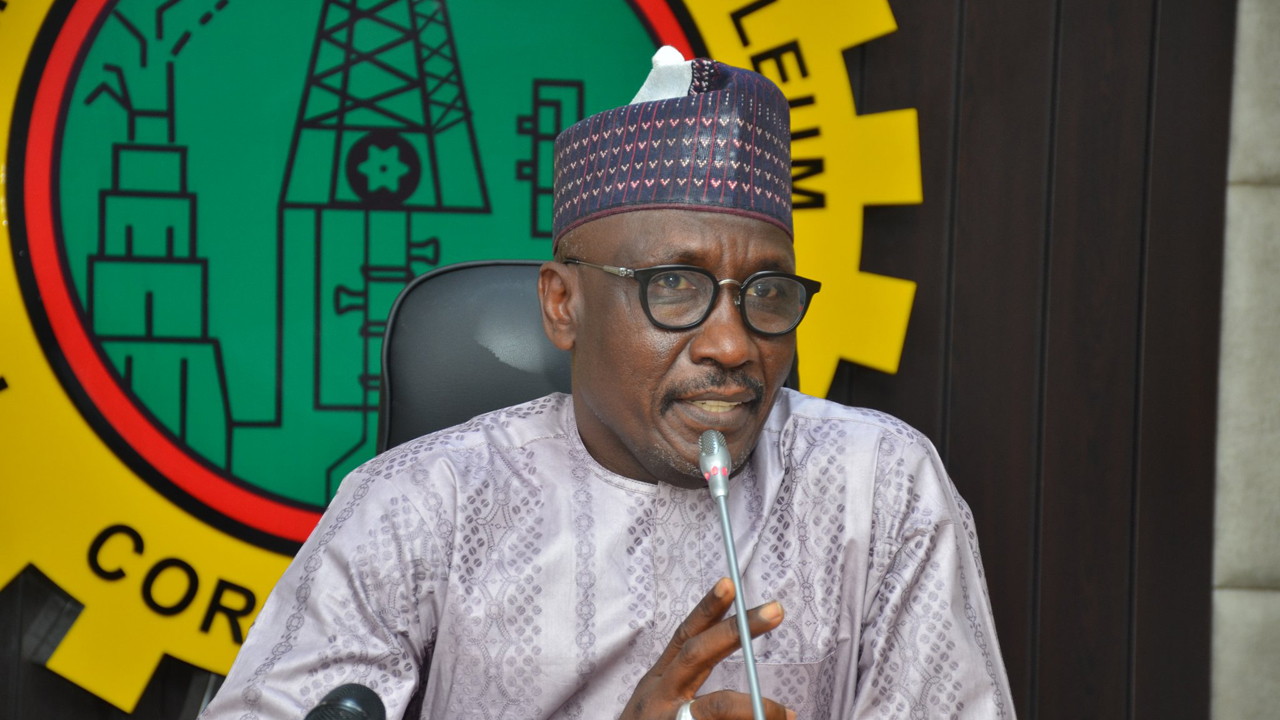Headlines
Fuel Queues Persist: NNPCL, Marketers Point to Supply Problems

NNPC and fuel marketers attribute the ongoing fuel queues to supply hitches, causing frustration among consumers.
The Nigerian National Petroleum Company Limited and oil marketers have attributed the aggravation of petrol scarcity in Lagos and the Federal Capital Territory to a breakdown of supply at crucial depots within these areas.
To observe the outcome of the planned nationwide hunger protest, certain oil marketers and transporters in both cities curtailed their dispatching of trucks to load products.
Some PMS dealers have instructed their truck drivers, especially those transporting goods from the southern coastal depots to the northern hinterlands, to park. This fact has been discovered.
According to marketers, the development has led to fuel queues being observed in various parts of the country like Abuja, Nasarawa, Niger, Lagos and Ogun among other regions.
According to NNPCL, a few vessels encountered complications during their discharge operations which led to the fuel queues.
The national oil company promptly announced that they were collaborating with all parties involved to resolve the issue and resume regular operations.
According to our reporters, long lines for gasoline appeared at the Nipco Filling Station located on Zuba-Kubwa Expressway. At the same time, drivers crowded around the Conoil Filling Station situated across from NNPC headquarters in Abuja over the weekend.
Several outlets situated on the bustling Kubwa-Zuba Expressway, namely Shafa, Salbas and Gegu Oil to name a few, were shut down yesterday. According to attendants from some of these establishments cited product scarcity as the reason behind their closure.
Major filling stations situated along the Lagos/Abeokuta Expressway, particularly those in Abule-Egba, Agege, LASU/Igando, Egbeda and Iyana-Ipaja axis of the state experienced fuel queues.
Due to the limited supply of petrol, it was being sold between N650 and N850 in the affected areas of Lagos on Saturday.
During a visit to the Ibafo and Magboro regions along Ogun State’s Lagos-Ibadan Express Road, our correspondent noted that numerous petrol stations were closed or struggling with extensive queues of cars and motorcycles.
Despite being open, several other Filling Stations in Ibafo such as Enyo, Heyden, Haoti and Osadol along with Quest filling station in Magboro were not dispensing petrol just like the one mentioned earlier.
Zarma Mustapha, the Deputy National President of the Independent Petroleum Marketers Association of Nigeria, attributed the long queues at petrol stations to both ongoing developmental activity and an upcoming protest.
The presence of the planned protest is causing long lines. Many transporters and marketers are hesitant to send their trucks for loading at coastal depots destined for delivery in inland areas. They feel uncertain about proceeding with caution due to potential disruptions from demonstrations.
He stated that people are waiting to see how things will turn out and not many trucks have been sent for the product. There is an air of anticipation as everyone watches with uncertainty about the outcome of the protest.
During the upcoming protest, the IPMAN official stressed on the importance of responsibility among participants to prevent damage or harm to private businesses, government entities and individuals.
In my opinion, while protesting is a legitimate right for everyone, it must be exercised responsibly considering the high number of unemployed and idle youths. Alarming measures should be taken to ensure that hoodlums do not take advantage of the situation by hijacking protests which in turn will destabilize our nation’s peace.
Regardless of your cause for protest, it is imperative to maintain peace. If law and order are disregarded, we will suffer the repercussions collectively. Thus, let us approach our right to protest with a sense of accountability and prudence in mind.
Mustapha stated that protesting to express grievances against the government is not inappropriate, but it must be carried out with consciousness and care.
In addition to addressing the lengthy lines, NNPC’s Chief Corporate Communications Officer, Olufemi Soneye, stated in a press release on Saturday that discharge procedures from certain fuel ships contributed to this issue.
The company and stakeholders were addressing the situation as he mentioned.
The NNPC Ltd wants to clarify that the fuel scarcity and distribution issues experienced in certain areas of Lagos and FCT are a result of problems with unloading operations on some ships.
“The company is working tirelessly with all stakeholders to resolve the issue and return operations back to normal,” he declared.
On Saturday, during an interview with our correspondent, Hammed Fashola – the National Vice President of IPMAN clarified that certain members in their association were unable to acquire the product from private depots on Friday due to its exorbitant price.
According to Fashola, the interruption in fuel supply is minimal and the Nigerian National Petroleum Corporation Limited (NNPCL) has accurate information on what’s happening since they are currently the only importers. He also acknowledged that after hearing their reasons for any disruptions, it was appropriate to agree with them. However, as oil marketers themselves, they have noticed a difference in fuel supplies at depots compared to how things used to be.
In response to the increased cost of the commodity, he explained that it was simply a result of supply and demand dynamics at play. When demand exceeds available supply, pricing inevitably increases. However, he clarified that this was not an official statement but merely his observation. Additionally, marketers acquire their products from private depots who have also raised their rates which has made it challenging for some in the business to sell gasoline at reasonable prices in filling stations ultimately leading to them refraining from purchasing any further stock.
